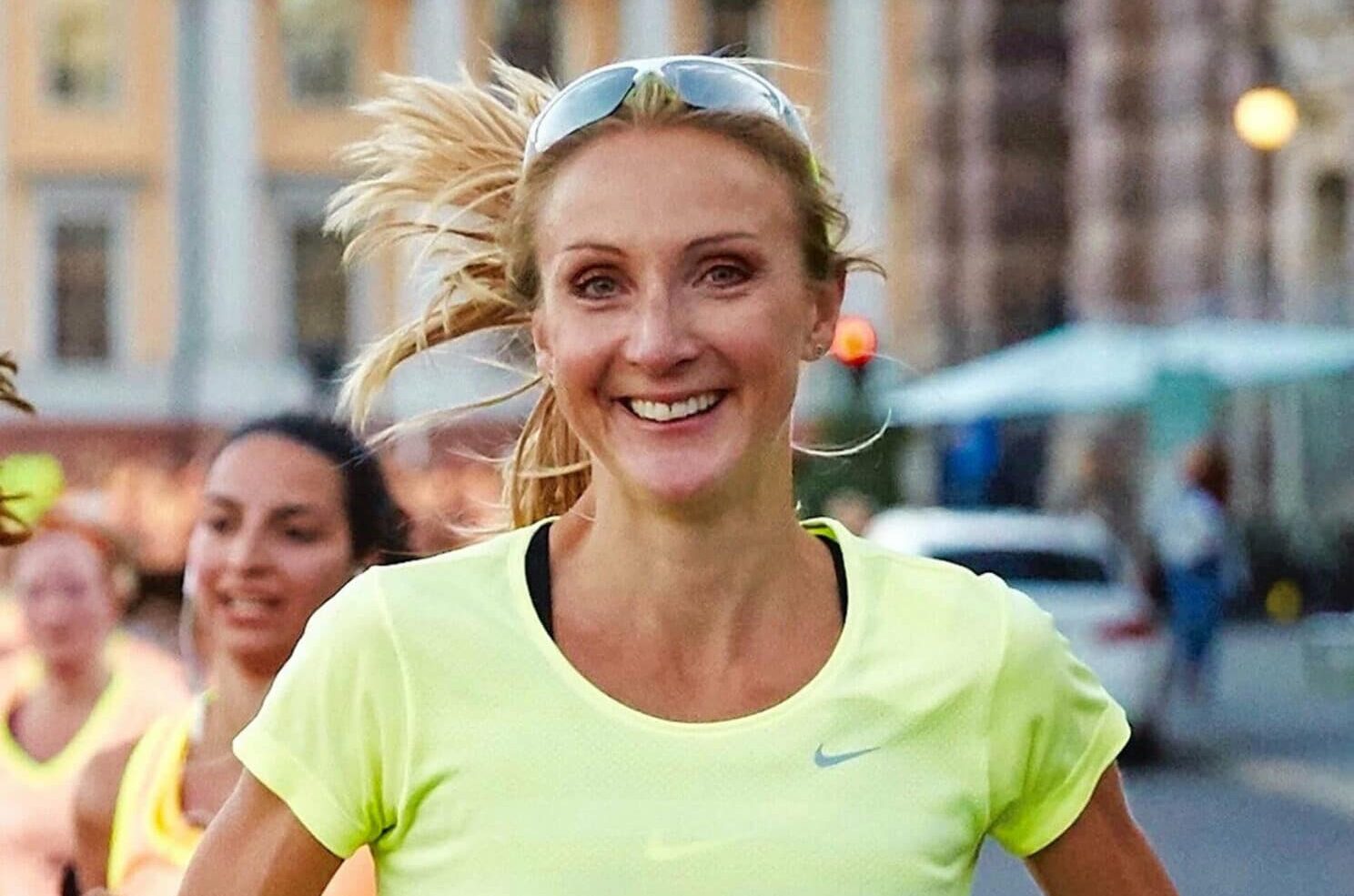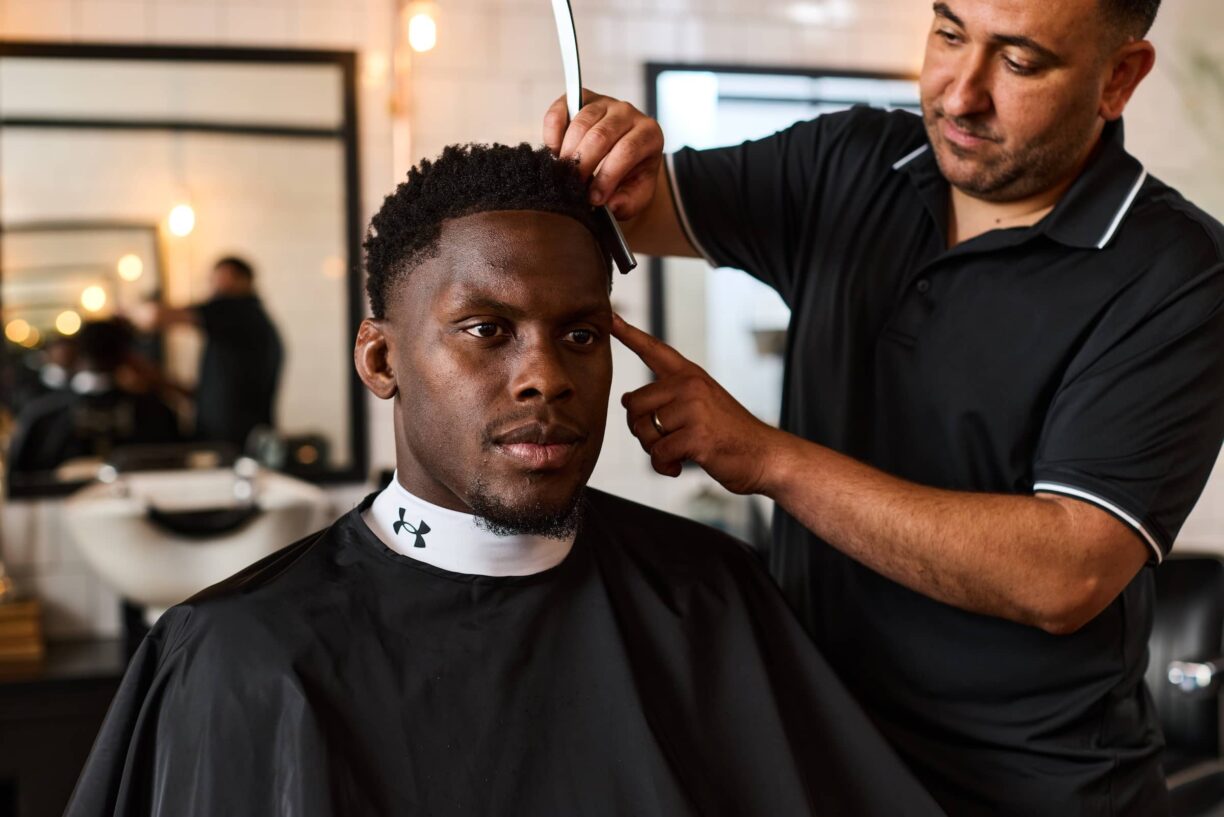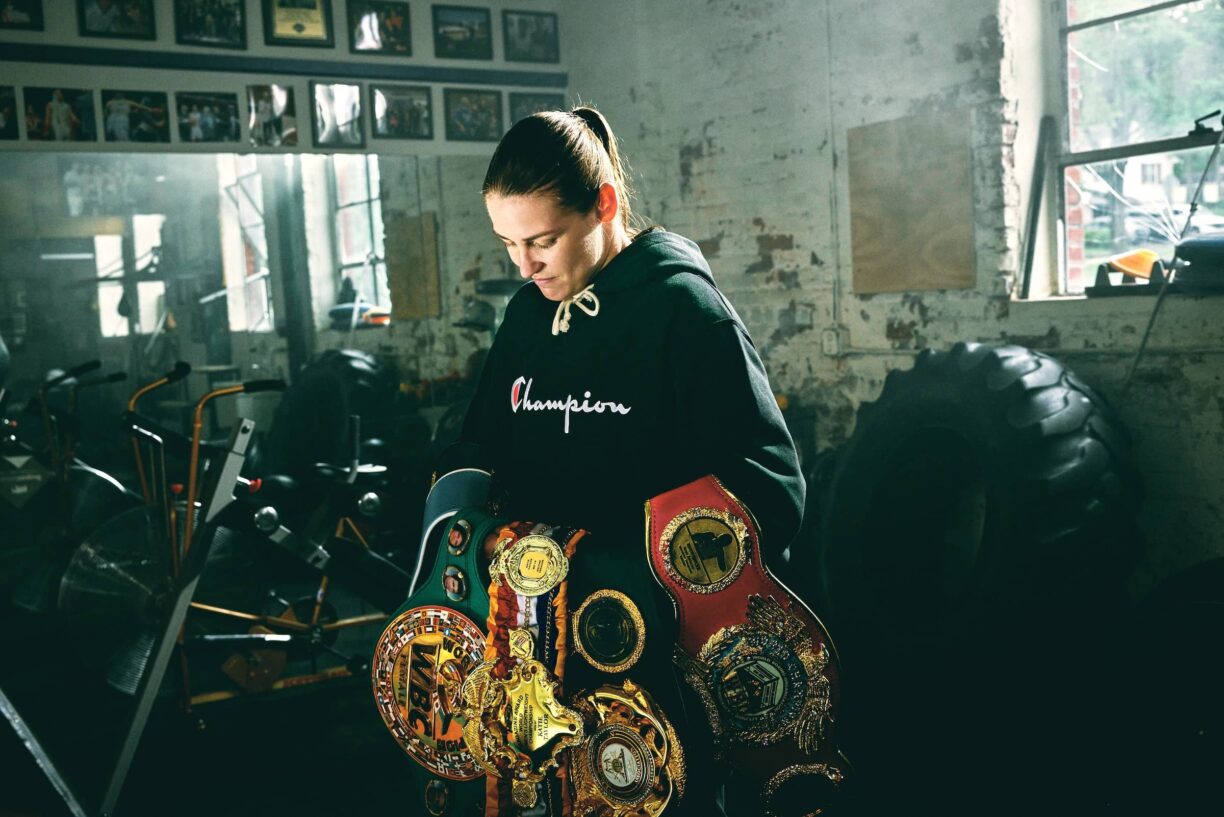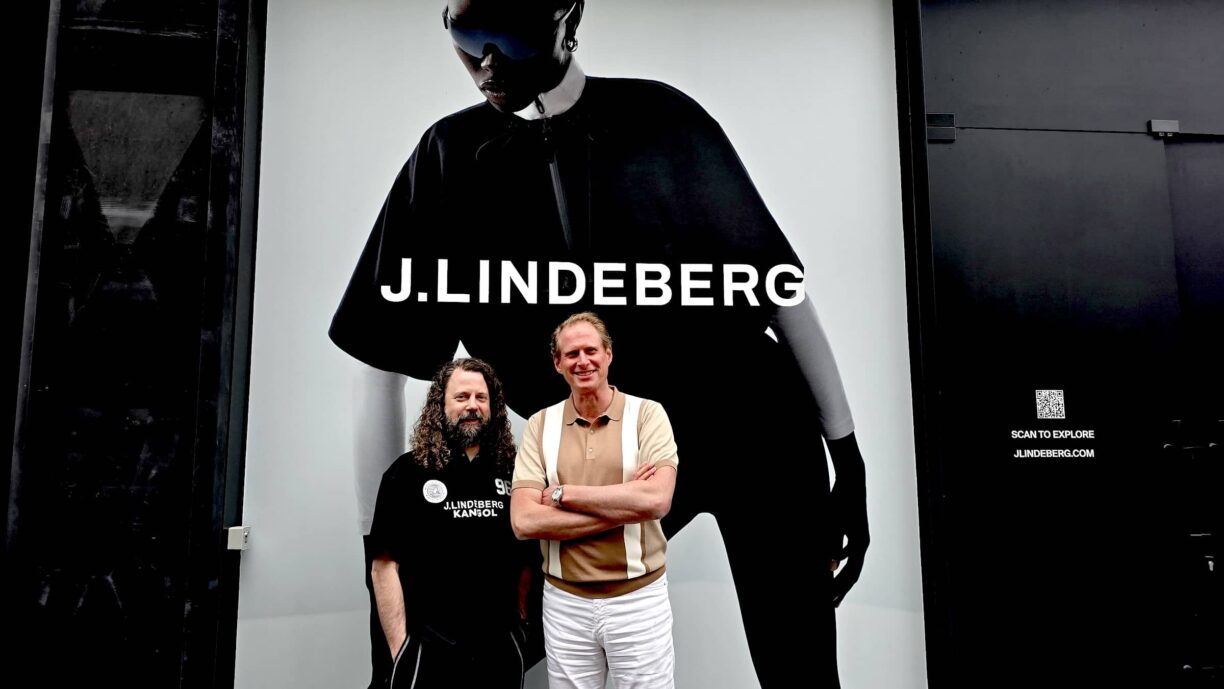If you’re looking for some advice about running, there aren’t many people more qualified to share it than Paula Radcliffe – one of Britain’s greatest athletes who held the marathon world record for 16 years until it was broken this October.
Over her career, she’s won the London Marathon three times, the New York Marathon three times and the Chicago Marathon once, as well as being world champion and European champion in the event.
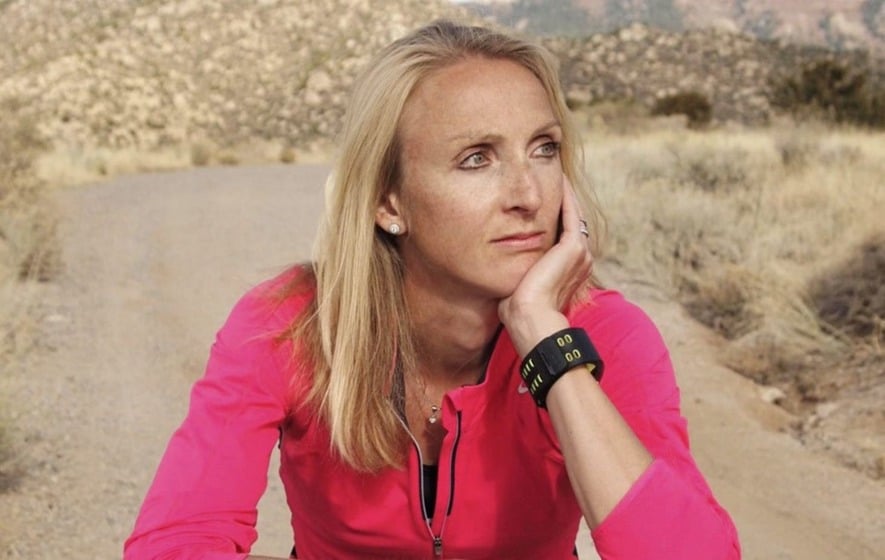
Radcliffe juggled long-distance running with motherhood and was 41 with two kids when she completed her last competitive race in 2015.
She’s 45 now but, unsurprisingly, still runs as much as she can – “On average about an hour a day,” she says – so whether you’ve run all your life or you’re thinking about taking it up in your 40s, here’s some advice from the long-distance legend.
Run for mental wellness as well as physical
“I still run for fun and for health reasons – mental health as much as physical health. For me, because I’ve been running my whole life into my 40s, I’m definitely hooked on it. It makes me feel better, and the days when I’m not able to run, I don’t feel as good, as awake, as productive, as I do on the days when I do run.”
When life is as busy as ever in your 40s – running can fit around your schedule
“I think we’ve seen running taking off as much as it has because it’s actually very easy to fit around everything else in your life.
You can do it as a family, you can take part together, or you can nip out before the kids wake up in the morning, or when they’ve gone to bed. It’s a fairly short period of time commitment for the fitness gains and health gains.”
For long-distance running, age can actually be an advantage
“I think there are certain things, maybe your endurance, that actually get stronger as you get older, and certainly your mental ability to focus and concentrate on enjoying the run gets better.
“There’s a huge proportion of people who come to running late, just as there are people who have been running their whole lives and they’re building up to the marathon, and take up that challenge in their 40s – as a way to enjoy life, set themselves a goal to work towards, to get healthier, to get fitter.”
But you may need more time to recover in your 40s
“If you’re tired, or travelling a lot, or had a hard run the day before, it takes you a bit longer to recover as you get older. Just like if you’re a teenager or in your early 20s and you don’t get a good night’s sleep, or you’re rushing around and you skip a meal, it will have less of an effect on you than it would in your 40s.
“One of the things I noticed was I used to do back-to-back hard training sessions, or 48 hours doing very hard training sessions, in my 20s.
When I got into my 40s, I might need another 24 hours between the hard sessions. You can’t keep emptying the tank and really pushing hard, otherwise, you’ll break down.”
“Too often, the importance of rest as a training session in its own right is underestimated. If you just keep running and running, you’re getting less and less out of each training session. Actually allowing your body to rest and recover is key to getting the most out of the next training session.”
Strengthen your core for better running
“Many people coming into running tend to think they just need to go out and do the running, but core stability, muscle strength, foot strength, and psychological factors, all feed into helping you run a better marathon.
“I do a lot of [core] stuff involving medicine balls, a Swiss ball, proprioception work, balance work, squats and dumbbells – things that keep that core bit of your body, the trunk, abdomen, and around the glutes, strong. That’s what’s going to help a runner keep their form if they start to fatigue.”
Good kit is vital
“Make sure you’ve got a pair of shoes that suit your style of running. I don’t think you have to be more careful about knees in your 40s – that has to be something that you look at all the way through. That’s why you need the right pair of shoes that give good support.
“If you’re running in the winter, you need good layers that can help you stay comfortable, warm and dry, and not too hot through the training.”
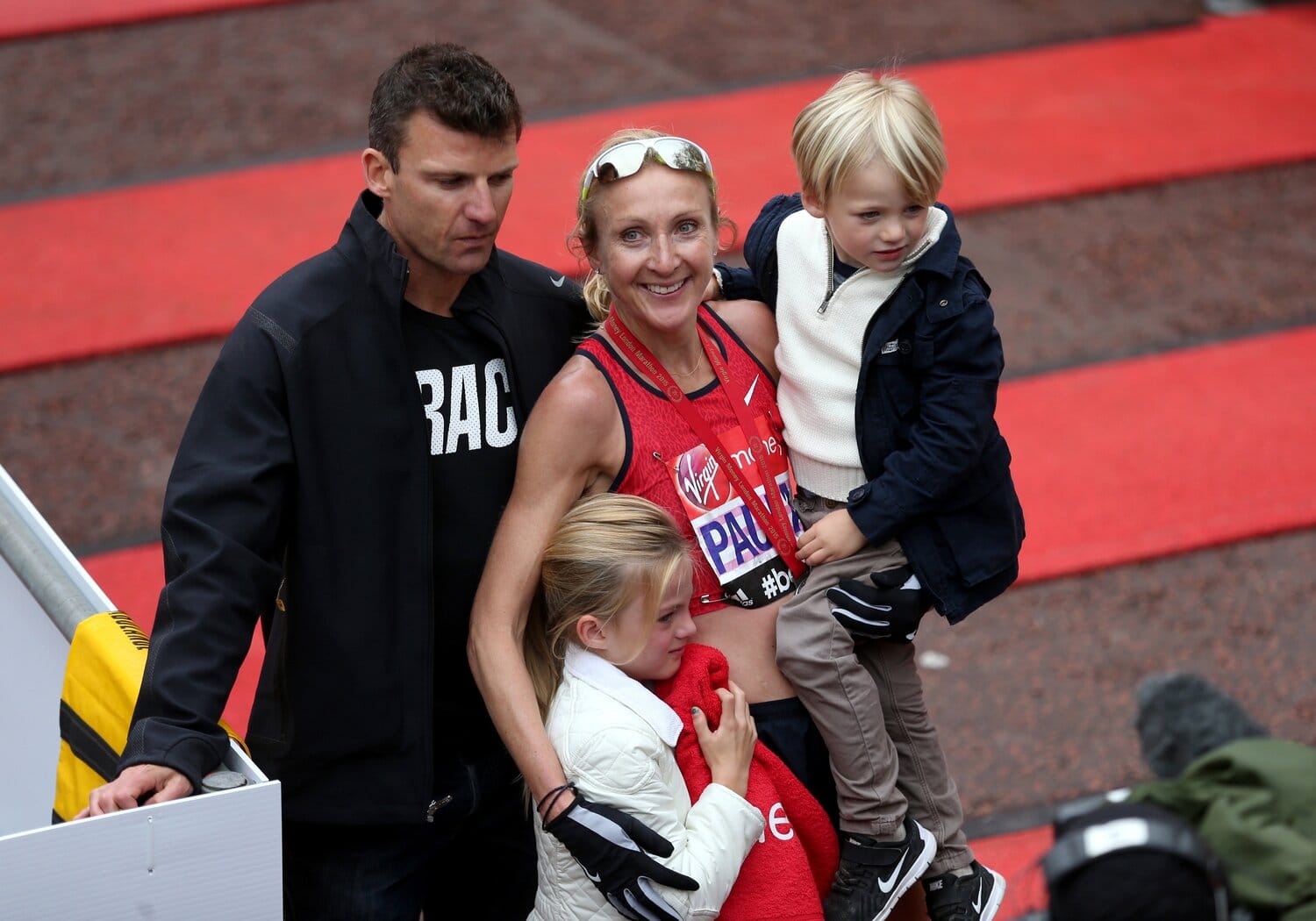
Check your overall lifestyle too
“Make sure you get enough sleep and eat healthily for the sport. If you’re going to be putting in more training, then you need to up your food intake, [especially] the right balance of protein and carbohydrate and essential fats.”
Take extra care of your immune system if you have asthma
“I was diagnosed at 14 with asthma so I know first-hand the dangers of contracting something like the flu and the effect it can have on your training. Some people may not realise that they have asthma until they take up the sport.
“As a runner and asthma sufferer, you aren’t necessarily going to get flu worse than anyone else in the first instance, but it’s the complications leading on from it: increased inflammation in the lungs, the likelihood of a secondary infection like bronchitis, pneumonia or pleurisy.
“It can take you longer to get back on your feet and your immune system will take a heavier knock going into winter when you’ll be exposed to many more different viruses as well.
So it’s important to get the vaccine to make sure you can keep training through the winter – because many of the marathons are springtime.”

